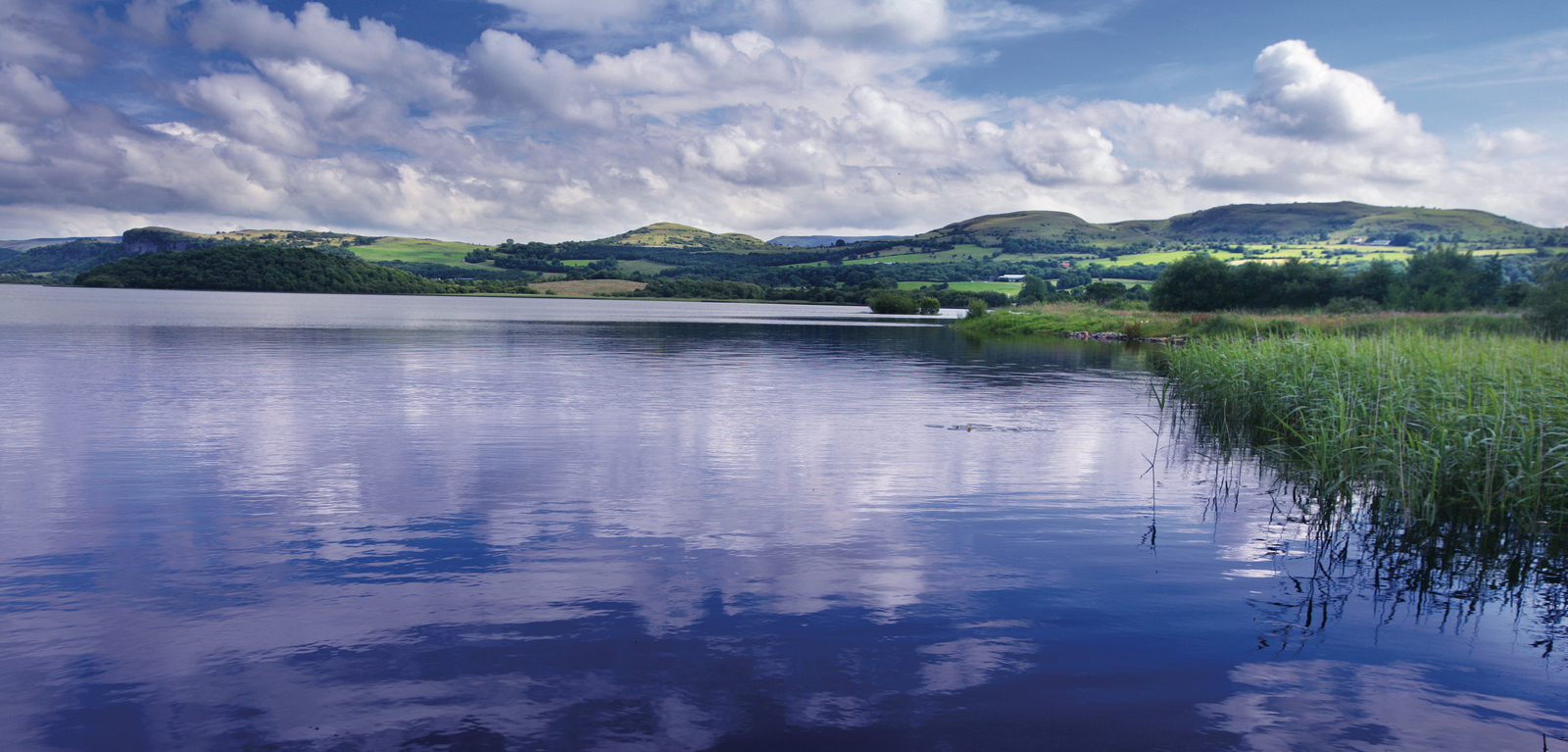
Rights of Nature Law Caucus Led by Queen’s University Welcomes Call for Referendum on the Rights of Nature
Researchers from Queen’s University and partners welcome the call for a referendum on the incorporation of the Rights of Nature into the Irish Constitution.

The Joint Committee on Environment and Climate Action, have in principle, accepted the call for a referendum on the incorporation of the Rights of Nature into the Irish Constitution (Bunreacht na hÉireann).
The Rights of Nature are a novel and innovative legal and constitutional mechanism to radically advance the status and standing of Nature before the law, recognising Nature as a subject of legal standing and of history.
The Joint Committee recently published a series of important recommendations which are based on proposals set out by the Citizens Assembly on Biodiversity (2023).
Working with legal professionals and community campaigns across Ireland, Dr Peter Doran from the School of Law at Queen’s, has advocated for a referendum since the formation of the Citizens Assembly in 2022. He welcomed the report by the Joint Committee, which accepts – in principle – the Citizens Assembly call for a referendum, and calls on the Government to begin preparations right away. The Queen’s School of Law-led Caucus on the Rights of Nature includes:
- Amy Strecker is Associate Professor of Cultural Heritage Law at the Sutherland School of Law at University College Dublin;
- Noreen O’Meara is an Associate Professor (Reader) of Human Rights, European and Environmental Law, University of Surrey;
- Paul Powlesland, BL, Founder, Lawyers for Nature;
- Narayan O’Toolan, Legal Advisor;
- Maisy O’Sullivan LLM Queen’s;
- Charlie Fowler LLB Queen’s; and
- Declan Owens LLB, Eco-Justice Ireland.
On behalf of the Queen’s-led Legal Caucus on the Rights of Nature, Dr Doran said: “In line with the comments by the Chair of the Committee, Brian Leddin TD, I would hope to see provision for a referendum in the next Programme for Government in the Republic of Ireland.
“We are delighted that the Joint Committee have listened to the Citizens Assembly on Biodiversity’s call for a referendum on the Rights of Nature. We agree that the citizens of the Republic of Ireland must now be afforded an opportunity to vote in a referendum, and that an informed public debate can be supported by the establishment of an expert group.
“We look forward to engaging with TDs, Senators and the Irish Government on how these potentially transformative proposals can be taken forward.
“There is now an unquestionable mandate from both the Citizens Assembly and the Joint Committee for preparations to invite citizens to have their say on the incorporation of the Rights of Nature and the UN-recognised Human Right to a healthy environment into the Irish Constitution. By having legal rights, the legal system can more directly protect nature and strengthen environmental protection, going beyond the inadequate existing regulatory regimes.”
If the referendum went ahead with a ‘yes’ vote, it would make Ireland the first member of the European Union to enshrine the Rights of Nature in its constitution.
Barrister Paul Powlesland, founder of Lawyers for Nature, added: “Rights of Nature developments are vital to ensure protection of the natural world, which in turn secures the healthy environment humans need. It’s obvious that our existing political system and regulatory regimes have failed to prevent ecological destruction.”
Maisy O’Sullivan LLM said: “In the face of the extreme climate challenges humanity is facing globally, a referendum on the Rights of Nature would offer the Irish people an opportunity to advance the protection of our natural habitats and our biodiversity, in a really meaningful and practical way. It would offer a powerful statement of hope to future generations and would reflect our ancient Brehon laws.”
Declan Owens, founder of Ecojustice Ireland commented: “Constitutionally protected Rights of Nature offer a positive and visionary opportunity for a metamorphosis of public consciousness and, therefore, public policy in Ireland, which would help us to begin to properly address the climate and biodiversity crises. This development would dramatically improve our relationships with Nature and between ourselves as a body politic.”
